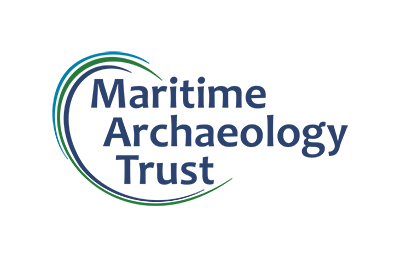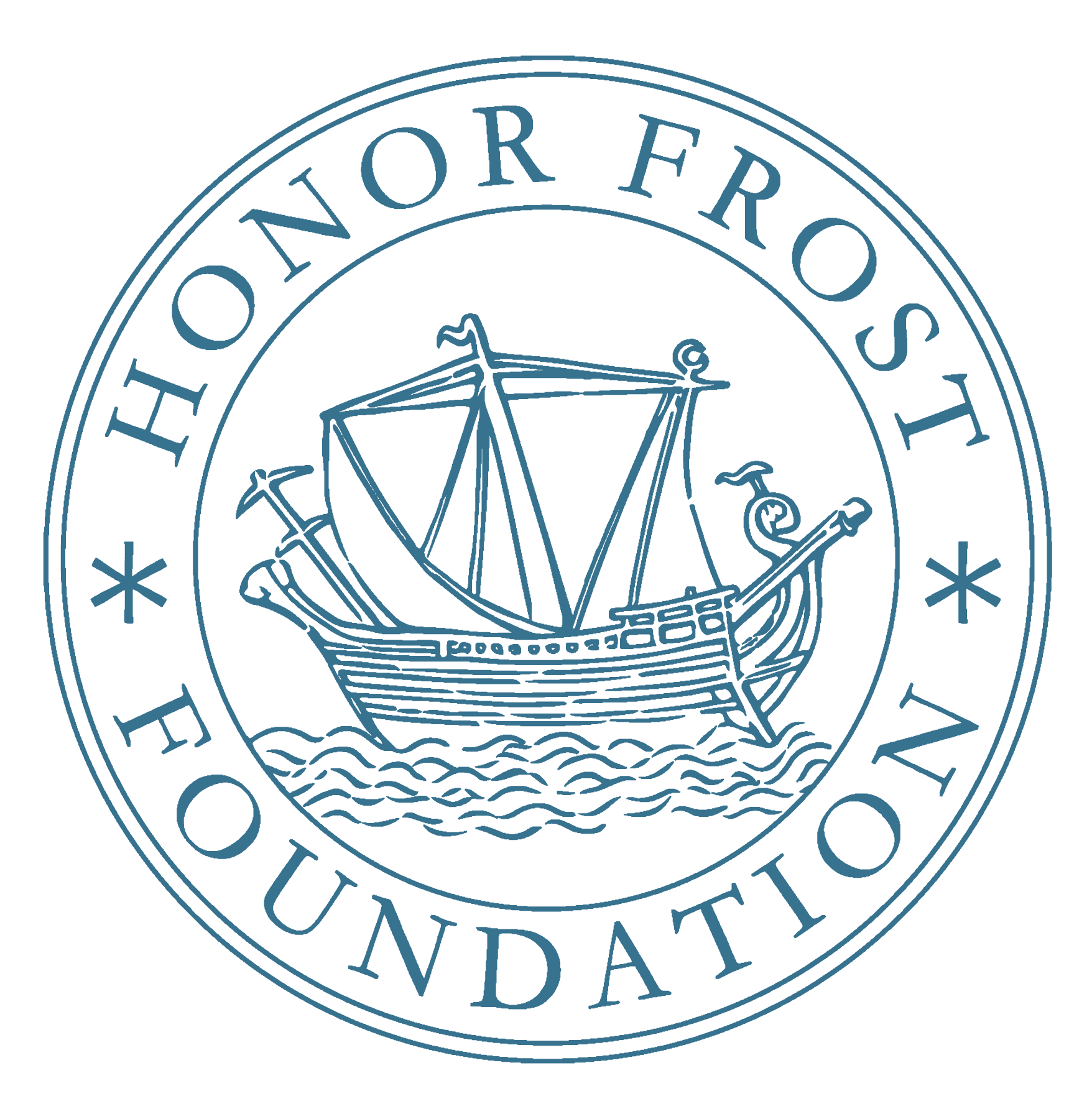

The interviews collected here provide unique and valuable insights into the history of maritime archaeology. Through this project, we have also identified many other resources that trace the development of the discipline. These include personal archives, oral history projects, YouTube videos, podcasts, and publications. More information and links to these resources can be found below.
 credit HF Archive Special Collections UoS.jpg)
Alongside gathering oral histories relating to the history of maritime archaeology, this project has also helped identify additional personal archives that shed light on the discipline’s development. This work builds on the maritime collection held in the Special Collections at the University of Southampton.
The archive of Honor Frost, preserved in the Special Collections, is particularly significant. Thanks to her meticulous record-keeping, it contains a wealth of information from sites across the Mediterranean, as well as material relating to the evolution of policy and practice in the field. Over 5,000 slides from the Honor Frost Archive are now available through the Special Collections Digital Library, click here. Additional archives belonging to Nicholas Flemming, Lucien Basch, Sean McGrail, John Bingeman, and Peter Marsden have since been added.
Through the efforts of the Honor Frost Foundation and the Listening to Our Past project, work continues to expand the maritime archaeology archives. The Foundation also offers an Archive Fellowship to support visits to the Special Collections and conduct research on a topic centred on the maritime collection.
Further work is also being carried out to identify maritime archaeological archives held in other collections worldwide. Links to these will be added here soon.
For further information, please contact:
The Nautical Archaeology Society and the International Journal of Nautical Archaeology, both key institutions for the development of the discipline, have produced numerous online videos and webinar series relating to the history of the field. Two particularly interesting videos are from the 2021 NAS Annual Conference, celebrating 50 years of the IJNA. The first features fascinating discussions with pioneers including Paula Martin, David Blackman and Valerie Fenwick, whose interviews can also be found on this portal. The second video includes further discussions with pioneers such as Colin Martin, Peter Marsden, Chris Underwood and Robert Yorke; again, their interviews from the Listening to Our Past project are also available here.
The Institute of Nautical Archaeology, founded over fifty years ago by pioneering members including George and Ann Bass, has a YouTube channel containing a number of videos on the history of the discipline, as well as interviews with founding members. Notable videos include ‘Nautical Archaeology – The Beginnings’.
The Mary Rose Trust and the National Museum of the Royal Navy also undertook an oral history project called ‘Sea Your History’. Among the many themes covered, one notable series is ‘Diving into the Past’, which includes interviews with those who took part in the pioneering excavation of the Mary Rose. Extracts from the interviews are available on the website and we are working with the NMRN to make the full collection accessible through this portal.
A number of podcasts also explore the development of maritime archaeology. The Honor Frost Foundation’s Dive & Dig Podcast covers a broad range of subjects and themes. The first series explores developments over the last fifty years, particularly the contributions of Honor Frost and Episode One examines how the advent of SCUBA impacted the field, including an interview with Philippe Cousteau, grandson of Jacques Cousteau, the co-inventor of the aqua-lung.
The Oxford Centre for Maritime Archaeology also has a podcast series, one episode includes discussions with Franck Goddio and Damian Robinson on past achievements in the field. The Archaeology Podcast Network features interviews with Barry Cunliffe on maritime connectivity. The Mariner’s Mirror Podcast, produced by the Society for Nautical Research, also explores the history of the discipline and highlights pioneering projects like Sutton Hoo.
Another useful resource is by Professor Jon Adams, ‘History of Maritime Archaeology’. This resource was developed through the University of Southampton’s FutureLearn course Shipwrecks and Submerged Worlds. It explains the contributions of pioneers such as Jacques Cousteau, Peter Throckmorton, and George Bass. The University also provides a timeline (see below) of key events in the field, including contributions from Joan du Plat Taylor. Publications about Joan du Plat Taylor and her role in maritime archaeology, can also be found here, and an article on the history of the field by Chuck Meide, can be found here.
In 2025 a symposium was held in Perpignan entitled Pioneering Archaeological Diving in the Mediterranean and Black Sea: Players, Methods, and Collections since the 1940s. The Listening to Our Past project was presented at the conference. We hope to share further information on this soon. The symposium also highlighted the contributions of key French pioneers. Many of the earliest excavations took place off the coast of France, alongside the development of the aqua-lung. For more on the development of maritime archaeology in France, see the DRASSM website, which explores early pioneers and projects from the 1940s.
This is not an exhaustive list. We will continue to add links to other projects relating to the history of maritime archaeology, if you would like to include a project, please contact us at:
Below is the University of Southampton Maritime Archaeology Timeline